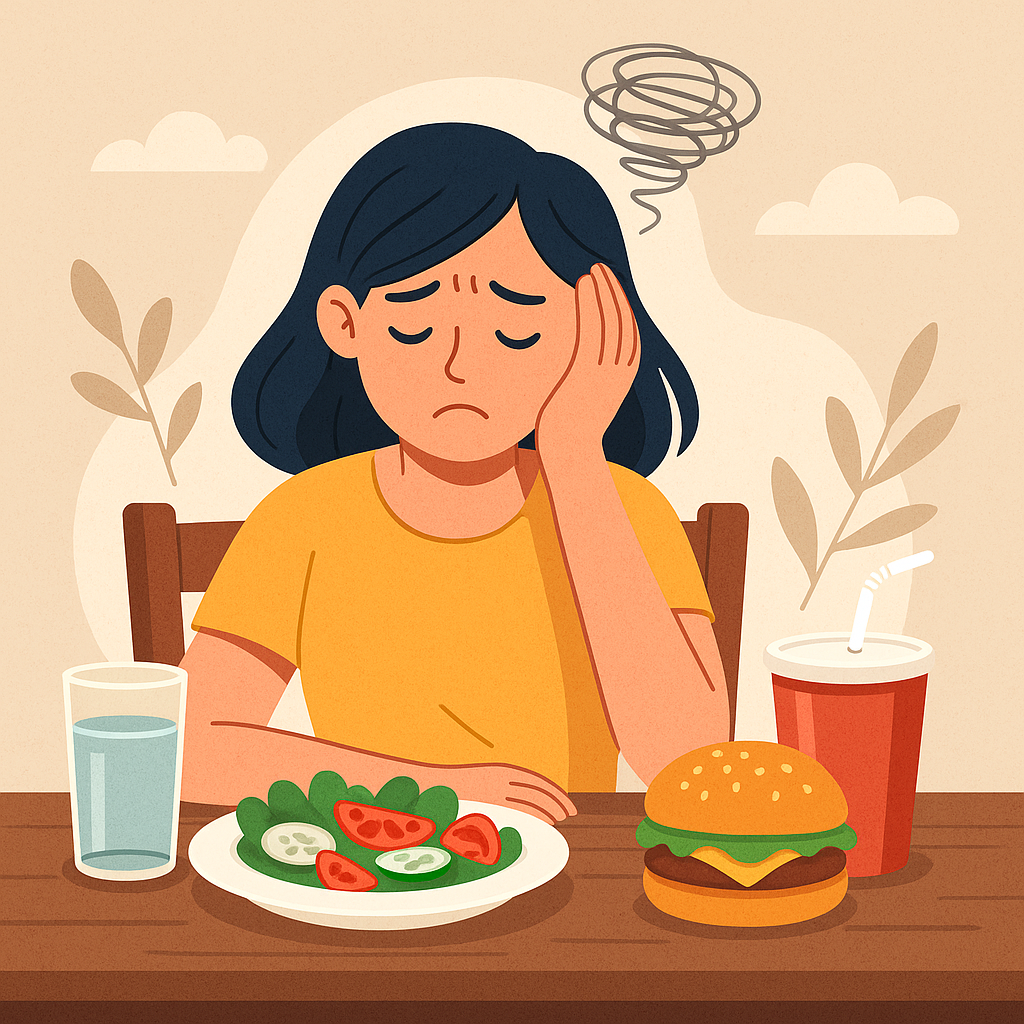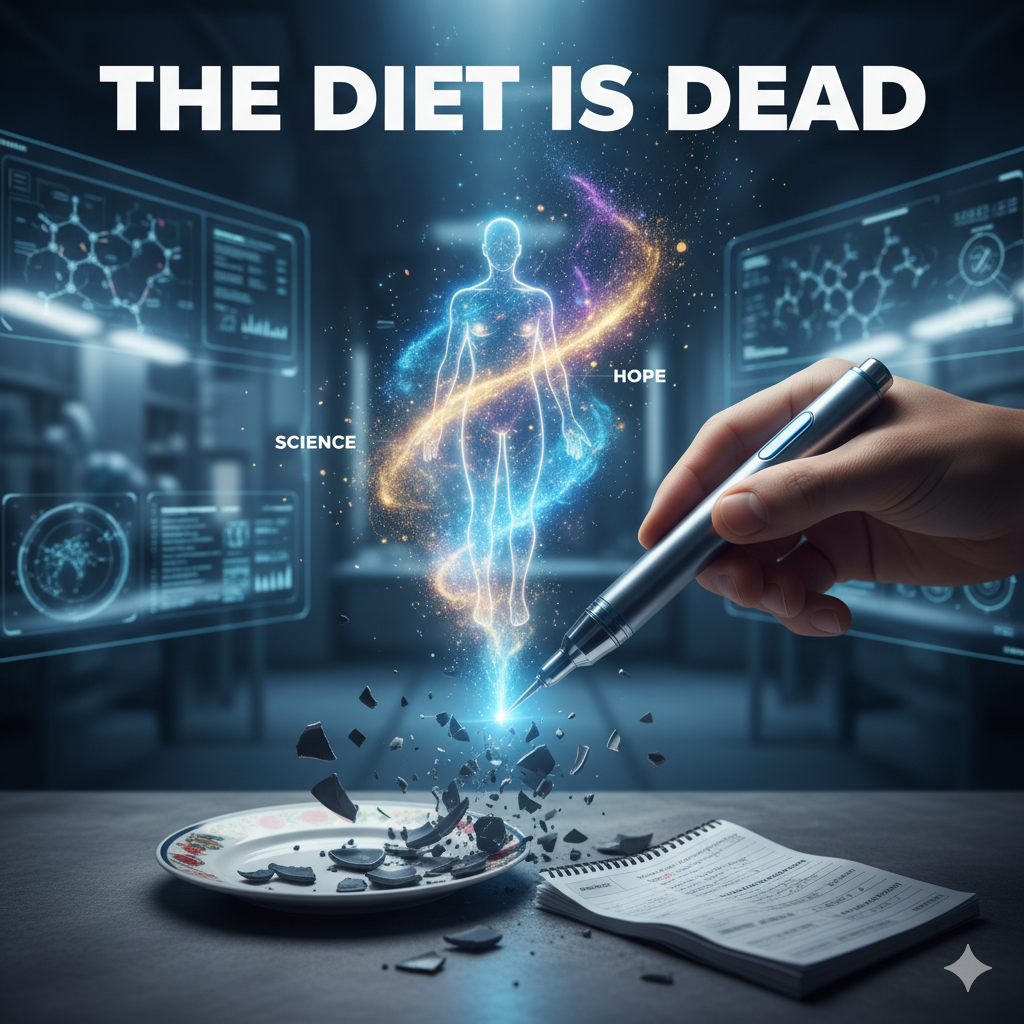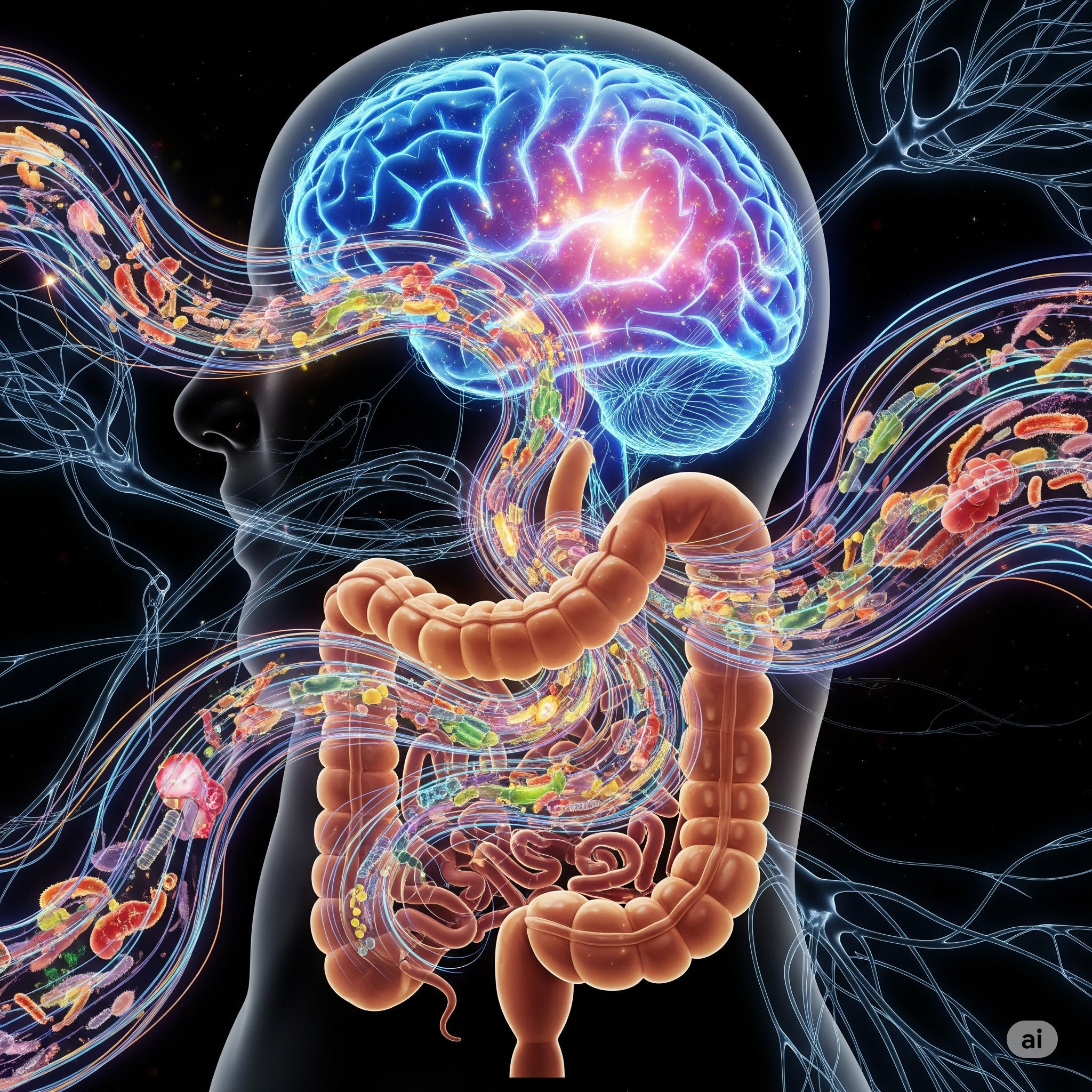The Psychology of Eating and How to Make It Work
Introduction:
If you’ve ever started a diet with high hopes—only to find yourself abandoning it a few weeks later—you’re not alone. In fact, studies suggest that over 90% of diets fail in the long term. People regain the weight, feel frustrated, and often blame themselves. But what if the real problem isn’t you, but the diet itself?
The truth is, most diet plans ignore the psychological side of eating. They focus on calories and carbs, but overlook habits, emotions, and how our brains actually respond to restriction. In this article, we’ll explore why diets tend to backfire, what science says about willpower and food, and how to finally create a sustainable way of eating—without guilt, stress, or starvation.
1. The Restriction Trap: Why “Willpower” Fails
Most diets are based on a simple idea: eat less, lose weight. But the brain doesn’t like restriction. When you suddenly cut calories or eliminate your favorite foods, it triggers survival instincts. Hunger hormones like ghrelin rise, and your body starts craving high-calorie, “comfort” foods even more.
It’s not about being weak—it’s biology.
A 2016 study from the Journal of Obesity showed that severe dieting increases food obsession and reduces impulse control. The more you restrict, the more likely you are to binge.
This is why “cheat days” turn into cheat weeks, and why the cycle of guilt and overeating keeps repeating.
2. Diet Culture and the “All or Nothing” Mindset
We live in a world obsessed with extremes: no carbs, no sugar, only raw food, eat clean or go home. This mindset is not only unrealistic—it’s harmful. It promotes shame and perfectionism.
If you’ve ever thought:
- “I ate one cookie—now I’ve ruined everything.”
- “I’ll start fresh next Monday.”
- “I’m either 100% on or 100% off my diet.”
Then you’ve been caught in the all-or-nothing trap.
This mindset often leads to yo-yo dieting, which has been linked to increased risk of heart disease, insulin resistance, and disordered eating behaviors. A healthier mindset is one of flexibility and progress, not perfection.
3. The Brain on Food: Dopamine, Stress, and Emotional Eating
Every time you eat something tasty—especially foods rich in sugar, fat, or salt—your brain releases dopamine, the feel-good chemical. This response is part of our survival system: it teaches us to seek out energy-rich foods. The problem? In today’s world, these foods are everywhere.
Chronic dieting often increases dopamine sensitivity, making you more likely to seek out “reward foods” when stressed or tired. That’s why diets usually fail during emotionally difficult times—not because you’re weak, but because your brain is wired that way.
In addition, cortisol (the stress hormone) increases appetite—especially for high-fat, high-carb comfort foods. Emotional eating isn’t just about willpower. It’s your brain trying to cope.
4. What Actually Works: From Diet to Lifestyle
The solution isn’t another crash diet. It’s a mindful lifestyle change rooted in self-awareness, science, and sustainability.
✅ Strategies Backed by Research:
- Practice “Gentle Nutrition”: Instead of labeling foods good or bad, focus on adding nutrient-rich options like vegetables, protein, and fiber.
- Use the 80/20 Rule: Eat nutrient-dense foods 80% of the time, and allow 20% flexibility for enjoyment. No guilt.
- Tune Into Hunger Cues: Learn the difference between physical hunger and emotional hunger. Eat when you’re truly hungry—not bored, anxious, or sad.
- Ditch the Scale Obsession: Measure progress in how you feel, sleep, move—not just in pounds lost.
- Prioritize Sleep and Stress Management: Poor sleep increases cravings. Chronic stress leads to weight gain. Fixing these is more effective than cutting carbs.
5. Building Habits That Stick
Forget about 21-day detoxes or 7-day meal plans. Real change happens when habits become automatic—not forced. According to a 2009 study in the European Journal of Social Psychology, it takes an average of 66 days to form a lasting habit, depending on the complexity.
Here’s how to make your new way of eating sustainable:
- Start small. Replace one soda with water. Add one vegetable to dinner. Tiny steps work.
- Be consistent, not perfect. Consistency builds momentum, while perfectionism leads to burnout.
- Track patterns, not calories. Pay attention to triggers, emotional states, and routines. Self-awareness is more powerful than spreadsheets.
- Forgive slip-ups. One meal doesn’t ruin your progress. What matters is what you do next.
Remember: long-term success isn’t about short-term intensity—it’s about long-term identity. Stop thinking of yourself as someone “on a diet,” and start seeing yourself as someone who eats with intention.
6. Final Thoughts: From Punishment to Nourishment
Diet culture teaches us to eat less, move more, and suffer through it. But a truly healthy lifestyle isn’t punishment—it’s nourishment.
It’s not about shrinking your body. It’s about expanding your life.
So ditch the shame. Ditch the labels. And start asking better questions:
- What foods make me feel energized?
- What habits help me feel mentally strong?
- What does a sustainable routine look like for me?
When eating becomes an act of self-respect rather than self-control, everything changes.


